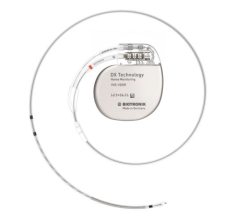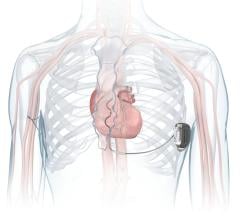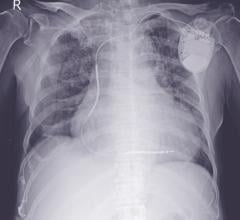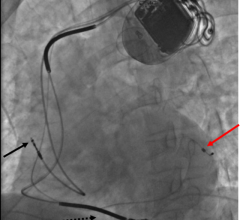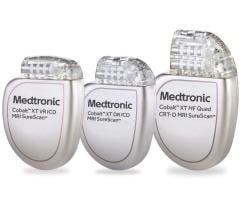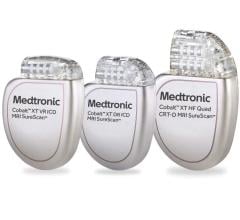May 12, 2010 – The Japanese Ministry of Health, Labor and Welfare (MHLW) today cleared the AnalyST implantable cardioverter defibrillator (ICD) with ST-monitoring in Japan. The device continuously monitors ST segments as an early warning system for cardiac problems.
The AnalyST ICD with ST monitoring is the industry’s first device to continuously monitor specific changes in the heart’s electrical system that can indicate conditions such as ischemia. Learning about these conditions earlier may lead to more timely diagnosis and therapy for patients, and possibly improve patient prognosis.
Because many cardiac episodes are transient in nature, continuous ST monitoring gives physicians more comprehensive ST segment information over time, rather than a sporadic, hit-or-miss diagnostic report. In the near future, physicians also will be able to monitor patients’ ST segment changes via remote transmissions from the St. Jude Medical Merlin@home transmitter. The wireless remote monitoring system in allows for device information transmission from a patient’s home to their physician’s office.
“The AnalyST ICD is the only implantable device that provides ST segment monitoring reports via high-quality, intracardiac electrograms, as well as additional ST segment diagnostic reports,” said Morio Shoda, M.D., associate professor, department of cardiology at the Tokyo Women’s Medical University. “I look forward to accessing this new and valuable information for more insight into the condition of my ICD patients with ischemia or idiopathic VF, including Brugada syndrome.”
The surface electrocardiogram (ECG) has been the gold standard for diagnosing risk for heart tissue damage and arrhythmias. However, surface ECG has limitations: it provides only a few seconds of information at a time, it cannot be used to continuously monitor the patient over a long period, and it is susceptible to poor signal quality. The AnalyST ICD provides continuous information and high-fidelity electrograms from the inside of the heart.
The AnalyST ICD also includes:
• DeFT Response, which is designed to help devices meet the needs of patients who may have high or varying thresholds for the amount of energy required to defibrillate the heart. This enables the physician to tailor device therapy for individual patients, offering them added protection in the event of a life-threatening arrhythmia.
• The VIP (Ventricular Intrinsic Preference) algorithm provides a delay in device stimulation of the lower chambers of the heart to allow the patient's own heart rhythm to prevail when possible. The VIP technology is designed to provide device stimulation only when needed.
• SenseAbility technology is designed to optimize sensing to help protect against inappropriate shocks.
•Vibrating patient notifier gently vibrates to warn patients if the device is not performing as designed.
The AnalyST ICD is not approved for use in the United States.
For more information: sjm.com

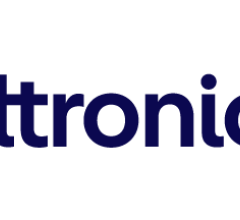
 September 05, 2024
September 05, 2024 
